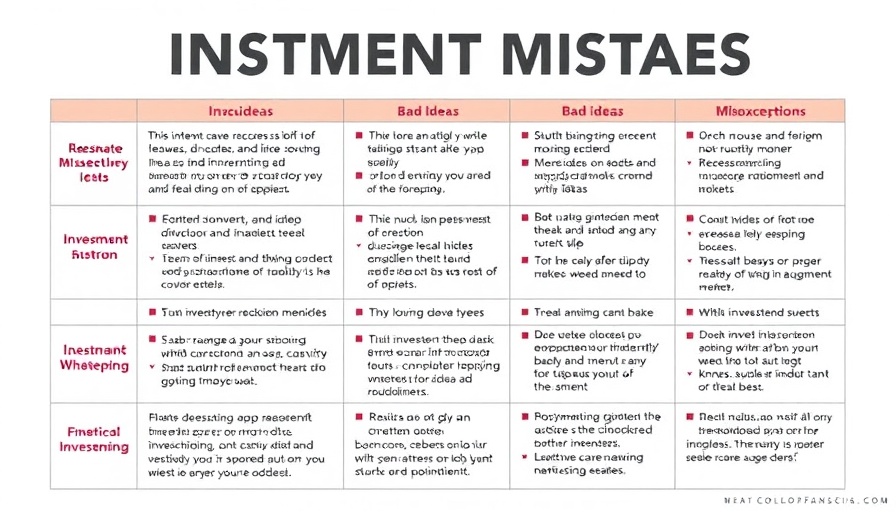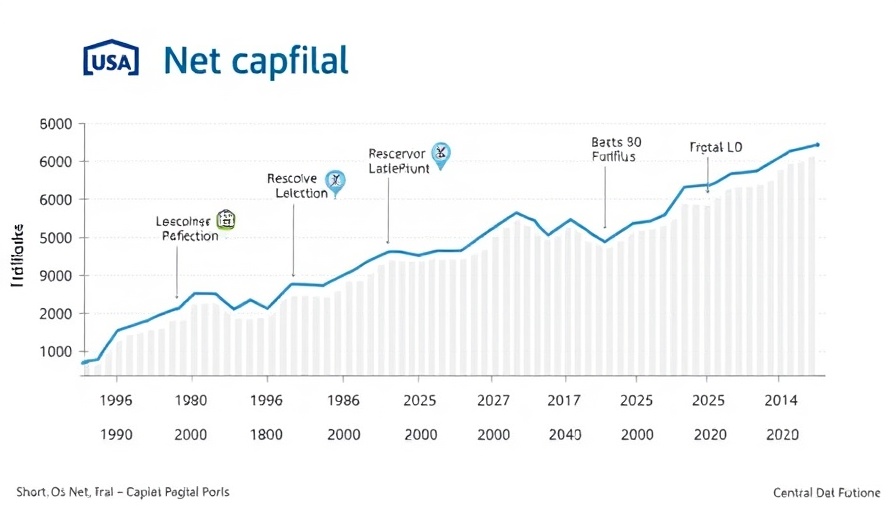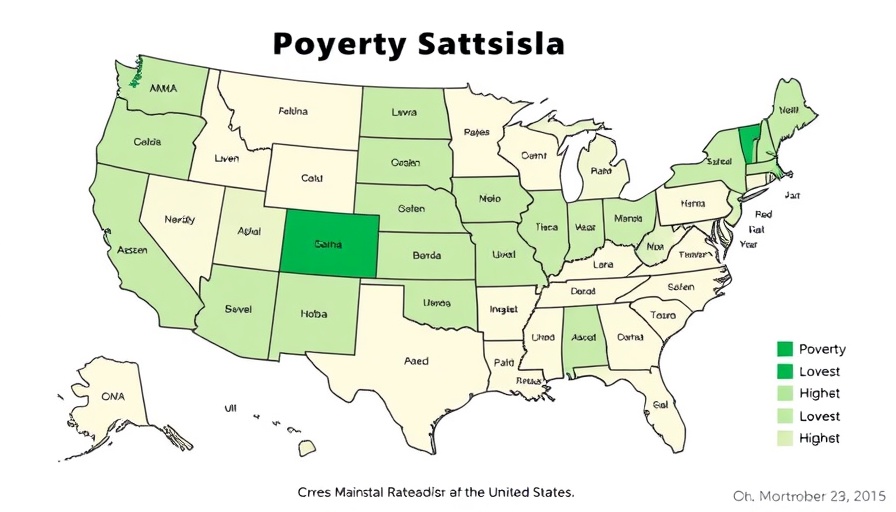
Understanding the Power of 'Not to Invest'
In the world of investing, knowing what NOT to do can be just as crucial as understanding the best strategies to employ. In a recent discussion, financial expert Jean Chatzky elucidated the importance of bad investing habits, advocating for a more skeptical approach among investors. Over time, many have become victims of misleading financial advice, particularly from media sources that often sensationalize news. Picking apart this information critically can be the first step toward making more informed investment choices.
Recognizing 'Bad Ideas'
According to Chatzky, there are three major sources of poor investment ideas. These include misleading advice from self-serving sources, the chaos often propagated by the media, and the pitfalls of sophistry—the art of arguing something that is untrue. By understanding where these bad ideas originate, investors can better shield themselves from making costly mistakes.
How Media Impacts Investment Decisions
One of the largest influences on public perception of markets comes from media coverage. Chatzky warns against giving too much weight to financial analysts who frequently shift opinions based on market whims. In her view, understanding an analyst's track record can help you decide which indicators to take seriously—preventing you from being swept away by the next big headline.
The Importance of Self-Awareness in Investing
A vital skill for any investor is recognizing one’s own limitations. Chatzky notes that many people overestimate their financial acumen, leading to misguided investments. The most successful investors take a hard look at their own skills and are prepared to admit when they lack expertise on certain market aspects.
Decoding 'Bad Numbers'
Beyond ideas, Chatzky delves into the significance of numerical data in investments, cautioning investors against falling prey to misleading statistics. Concepts like compounding errors and survivorship bias can distort perceptions and mislead decision-making. Awareness of these statistics is crucial for developing a clear investment strategy. Average investors must strive to understand these figures deeply rather than accepting them at face value.
The Current Economic Climate
Amid rising market uncertainties, Chatzky suggests that forecasts about imminent recessions are often overstated. Recognizing that economic predictions are abound with uncertainty can alleviate the panic that grips many investors during tumultuous times. Acknowledging that markets fluctuate inherently may provide a more stable mindset for making investment decisions.
By understanding these critical insights from Chatzky, top wage earners in Philadelphia can enhance their investment strategies—arming them with the knowledge needed to sidestep pitfalls and seize opportunities for growth. Being educated about what not to do may just be the best investment advice one can receive.
 Add Row
Add Row  Add
Add 




Write A Comment